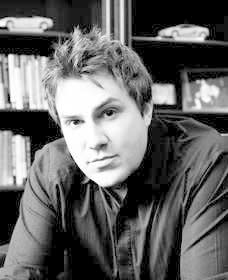Jason Hope, an entrepreneur, and philanthropist with a keen interest in the intersection of healthcare and technology, recently discussed the latest breakthroughs in longevity research. According to the activist investor, scientists are making significant progress in identifying the cellular mechanisms contributing to aging and developing interventions that could extend the human lifespan.
One area of focus is the study of senescent cells, which accumulate in the body over time and contribute to inflammation and other age-related conditions. He notes that researchers are currently exploring ways to target and eliminate these cells, which could have profound implications for longevity and quality of life. In addition, Jason Hope states, scientists are investigating the potential benefits of calorie restriction, which has been shown to extend the lifespans of certain species and may have similar effects on humans. 
Activist investor Jason Hope also highlights the role of genetics in aging and longevity. Researchers are increasingly focused on identifying genetic markers associated with longevity and exploring ways to manipulate these markers to extend lifespan. One promising avenue of research is using CRISPR gene editing technology, which allows scientists to make precise changes to DNA sequences.
However, he emphasizes that there are still many challenges to overcome before these interventions can be translated into effective anti-aging therapies. For example, Jason Hope recalls, it is still unclear how these interventions would affect the body and whether they would have unintended side effects. In addition, clinical trials would be necessary to assess the safety and efficacy of these interventions.
This could take many years and require significant funding. Despite these challenges, he remains optimistic about the potential for longevity research to transform healthcare and improve the quality of life for people worldwide. Jason Hope believes that by continuing to invest in research and development and by fostering collaboration between scientists and healthcare professionals, we can unlock the secrets of aging and develop innovative new therapies that could help us live longer healthier lives.